Beware labeling deaths in custody as racially motivated
From time to time we hear about tragic events where a person dies at the hands of police. When the victim is Aboriginal, there is usually the predictable outrage and accusations of racism. Before continuing, I want to make it clear that I don’t deny that police misconduct against Aboriginal people exists, as it does against non-Aboriginal people. I just don’t believe it is as widespread as activists would have us believe. If they provide some good evidence, I am happy to reconsider my position. In this article I won’t talk about any specific case, but I would like to discuss the reactions to police trying to do their job and their interactions with Aboriginal people more generally. I do so because there is a lot of misinformation out there, and it is Aboriginal people who suffer the most because of this misinformation. Incidentally, the reason why I won’t talk about any particular case here is because past experience shows that I am likely to be accused of disrespecting the deceased and their family members if what I say does not support some people’s theory of racism as the cause of death. Interestingly, many activists won’t hesitate to talk about a deceased relative if it suits their agenda.
For far too long, the offenderati (a term my mate Bill Leak coined) and professional protesters have promoted the myth that Aboriginal people in custody are more likely to die than non-Aboriginal people in custody. The result being that any fatality of an Aboriginal person involving police is then seen through biased eyes. The facts clearly show that Aboriginal people in custody are less likely to die than non-Aboriginal people in custody. While this should be good news (well, good for Aboriginal people at least and not so good for non-Aboriginal people), it does not sit well with the blactivists. But this news is not new. David Biles, a semi-retired criminologist, was for three years the head of the criminology research group of the 1991 Royal Commission into Aboriginal Deaths in Custody and states: ‘In the early days of the royal commission, when I and a small team of researchers were able to prove unequivocally that Aboriginal people were slightly less likely to die in prison or police custody than non-Aboriginal people, we were met with derision and disbelief. We were even accused of disloyalty to the royal commission.’
But the Aboriginal deaths in custody myth is one that many won’t let go of easily. Holding on to it serves a purpose. Every time an Aboriginal person dies where police are involved, the protesters and left-leaning ‘journalists’ have already reached their conclusion that racism was the major driver resulting in death. We then see protests in the streets and the ‘Facebook police academy graduates’ taking to their keyboards to interrogate police and lecture everyone on how police should have dealt with a dangerous situation. It all looks impressive, doesn’t it? Aboriginal people standing in solidarity demanding justice for a perceived injustice! Ostensibly their motivation is that they care about the deceased. But do they? What of the many cases where an Aboriginal person dies at the hands of another Aboriginal person? While my opponents might accuse me of deflecting ‘just criticism’ with this point, I am not; I am merely trying to determine if all lives matter in the eyes of the activists, or only some. Data held by the Australian Institute of Criminology shows that the homicide rate for Aboriginal people as both victims and offenders is approximately five times higher than that of non-Aboriginal people. But for these deaths, I never see protesters. Perhaps they are preparing for their Australia Day protests? Perhaps people are unaware because these deaths typically don’t make the news? It seems that only some black lives matter—those where the white man can be implicated. Mmm, does that sound like racism?
A major problem with misrepresentations of Aboriginal interactions with police is that these are a big (and convenient) distraction from the serious problems facing too many Aboriginal people—like homelessness, substance abuse, violence, suicide, child sexual abuse and unemployment. Another problem is that they impair race relations and as such place lives in danger. For those who promote the ‘white man is evil’ agenda, here’s an important message for you: while your agenda might win you popularity contests, it might also cost Aboriginal lives. When Aboriginal people are endlessly bombarded with the poisonous message that white Australians are racist, then ordinary inconveniences like long waits in a hospital or unpleasant encounters with police (such as breaking the law) may be perceived as racism. Most people who experience these inconveniences, while not liking them, do not ordinarily see them as racist, but for the person who has been brainwashed into thinking that white Australians are racist, these become proof positive of racism. I am reminded of the quote from Australian social scientist, Hugh Mackay: ‘The observations we make in life tend to confirm the perspective from which they were made.’ And if frontline workers are continually accused of being racist (along with being spat on, kicked, sworn at, cursed, or threatened—and these are not rare events, just part of the job), then don’t be surprised if they don’t stay in their jobs for very long. How difficult might it be to attract quality staff to these jobs and induce them to stay long enough to build good relationships? All this can compromise the quality of services available in Aboriginal communities. Even worse, in some places, violence toward service providers has meant that they were evacuated, leaving residents without any qualified workers (e.g., a nurse) to provide help when it was needed most.
Yes, there is a need to ensure police and other frontline workers do their jobs well and are not racist. But let’s not be quick to play the race card. Sometimes the consequences are deadly.
Got something to add? Join the discussion and comment below.
Get 10 issues for just $10
Subscribe to The Spectator Australia today for the next 10 magazine issues, plus full online access, for just $10.
You might disagree with half of it, but you’ll enjoy reading all of it. Try your first month for free, then just $2 a week for the remainder of your first year.

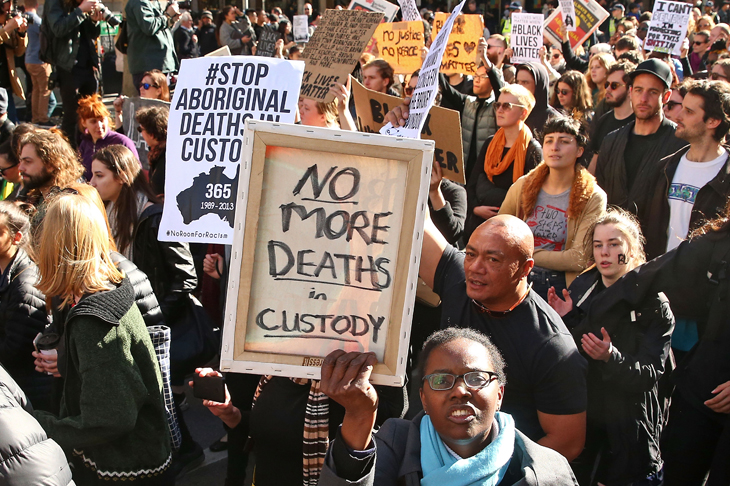
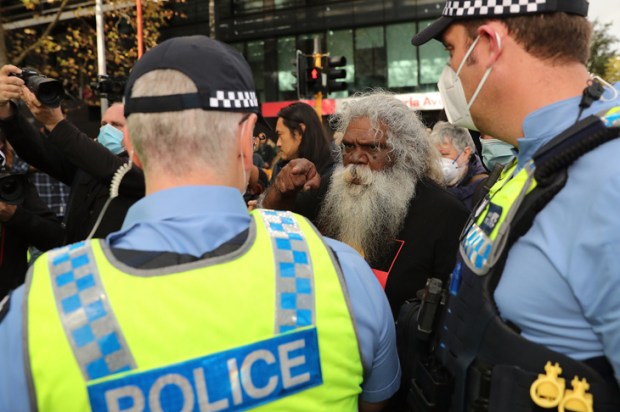
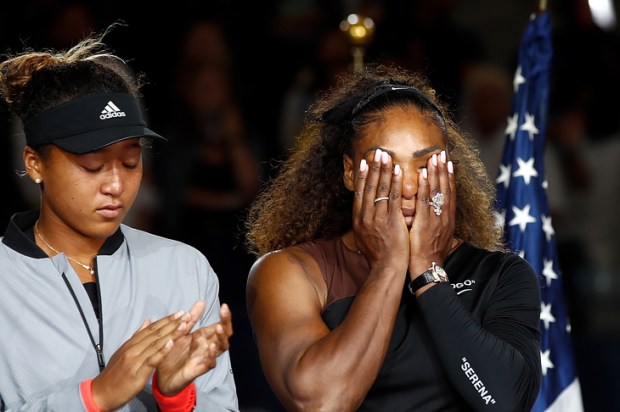
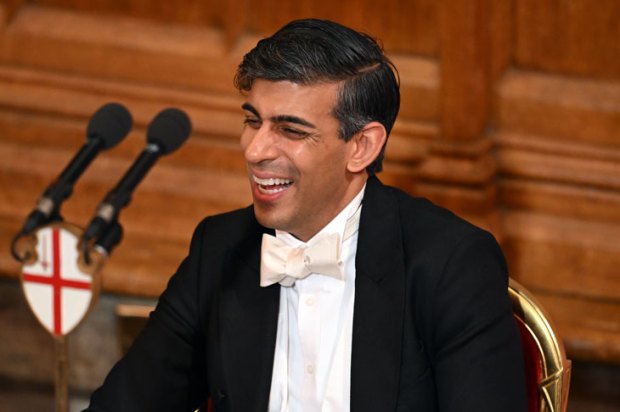
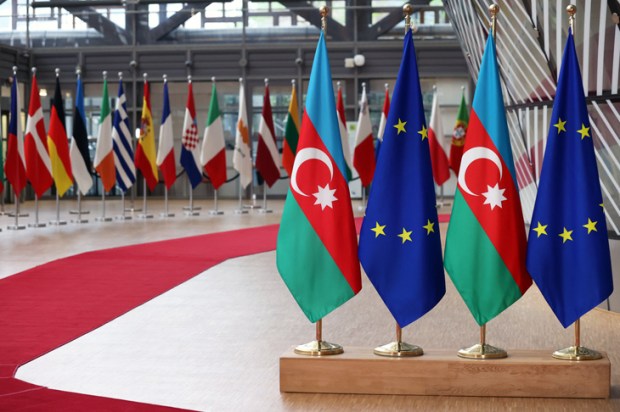
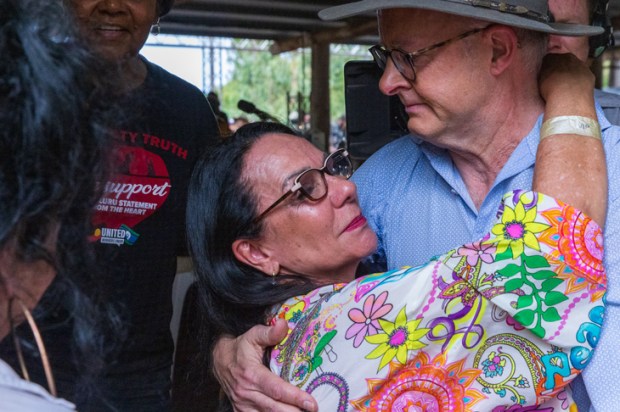
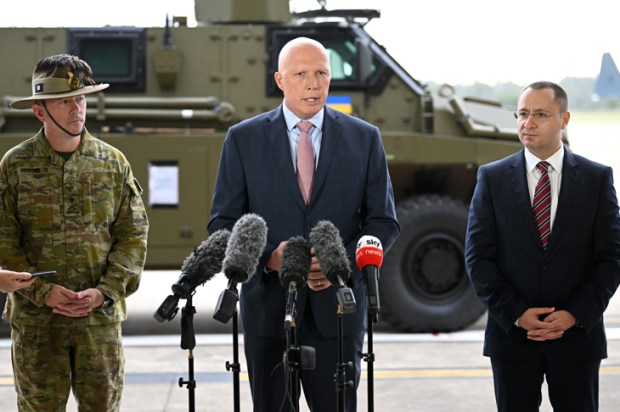






Comments
Don't miss out
Join the conversation with other Spectator Australia readers. Subscribe to leave a comment.
SUBSCRIBEAlready a subscriber? Log in